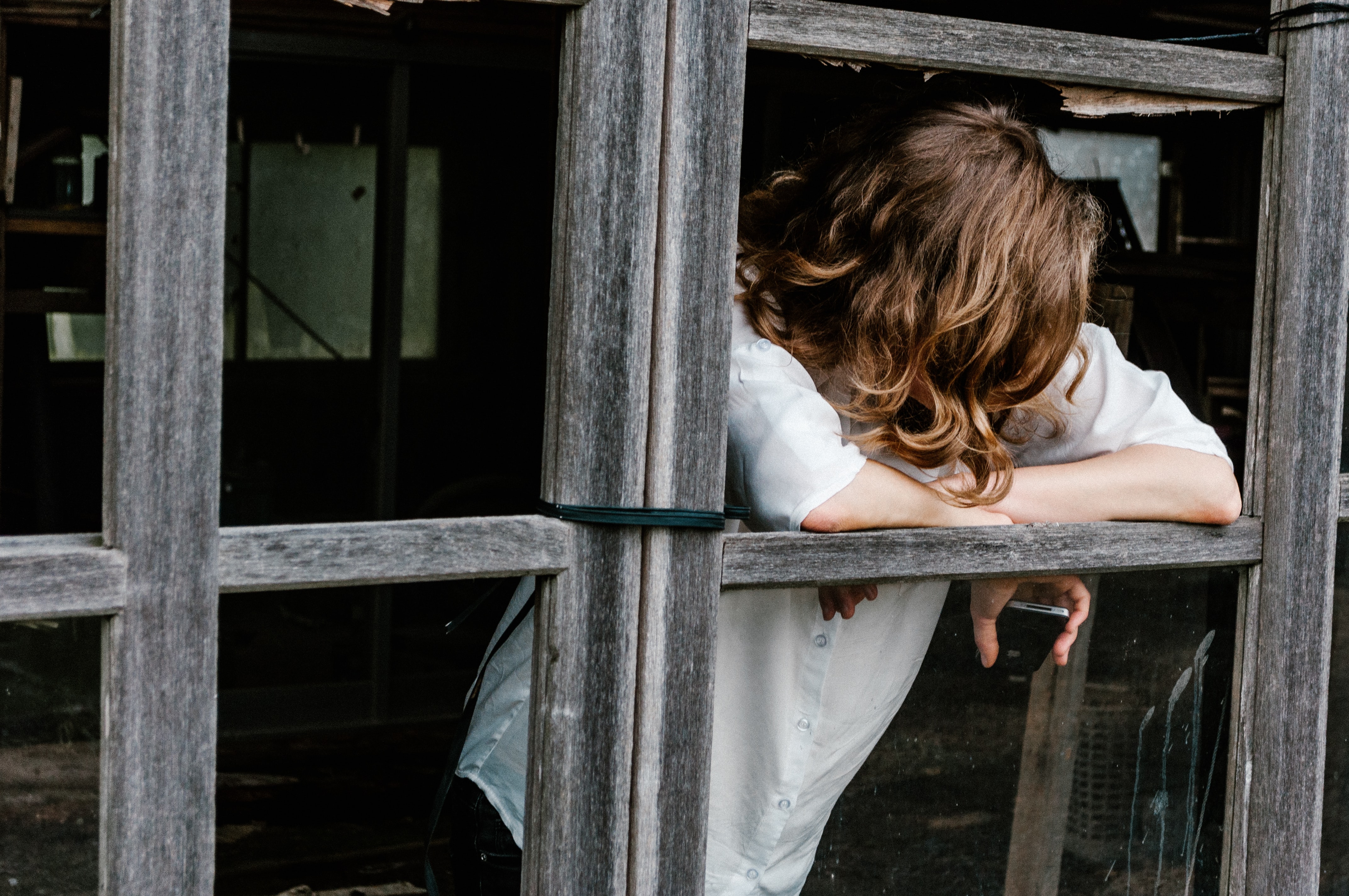Dr Jelena Stanislavovienė: How to Take Care of Your Mental Health?

The coronavirus pandemic is changing everyone’s daily lives in Lithuania and all over the world. Study and work processes are carried out remotely and we spend a lot of time at home. This poses serious challenges not only to our physical but also – mental health: “We are worried about our loved ones and our health, about economic difficulties, limited social roles, and our work or studies. We experience helplessness because we cannot predict the extent of the virus’s spread or how soon the crisis will end. All of this has a negative impact on our mental health,” said Dr Jelena Stanislavoviene, a lecturer of the Public Health Department of the Institute of Health Science of the Faculty of Medicine at Vilnius University. The expert advises on how to deal with the COVID-19 pandemic and the basic principles of how to take care of your mental health.
Stay at home, but do not lose social connections
Even while adhering to lockdown rules and spending time at home, we should not neglect our social connections; modern means of communication allow this. Using technology, we can communicate with family members, friends, colleagues, fellow students and other people. This way, we can support each other. If we are forced to visit public places, we must follow strict health rules, keep communication to a minimum, and maintain a safe distance from others.
Protect others around us and ourselves
Follow all the recommendations of specialists: wash your hands often and wear masks and other protective equipment in public places. If you experience symptoms, contact a specialist. Turn on the mechanism of caring citizen inside us and constantly be responsible for protecting those around us and ourselves.
Do not panic
Psychologists say that in times of crisis or uncertainty, it is normal to feel stress, anxiety, sadness, or even anger. It is impossible not to think about threats to life and health, especially if one cannot leave his or her home for a long time. Any critical situation can be alarming or depressing. If anxiety or other emotions become too intense, experts recommend limiting the amount of information we receive. Check the news only once or twice a day, preferably at set times. Choose reliable, official sources of information.
We should consult health specialists if necessary. Many of them are available online and can be reached via Skype, Viber, Messenger, WhatsApp or other apps. There are also telephone helplines such as Vilties linija.
Do nice and useful things
Think about what makes us happy or is useful and what distracts us from disturbing thoughts. While staying at home, don not forget about the importance of a healthy lifestyle: eat healthy, get enough sleep, exercise, and go for walks where it is safe and not crowded.
Now is the time to take care of yourself and your loved ones, socialise, and do what we have dreamed of doing: reading books, listening to music, watching movies, studying, doing sports, and spending time on your favourite activities. We can clean and declutter our homes. We have the possibility to reflect on the achievements of our life and to set new goals. You can do everything that was set aside in the endless circle of everyday life.
Organize your activities
Do not forget that the quarantine is not a vacation. Stick to your usual routine. Try to give some structure to the day and plan tasks. That helps preserve or regain control, which, if lost, can contribute to anxiety these days. A stable daily regime is especially important for students. If you are having trouble organising your activities, do not deviate from your previous habits. Set the alarm clock and get up at the usual time. Do the most important things in the first half of the day.
Students learning remotely or employees working from home are advised to try not to put off important tasks and have breaks while learning or working. Use your time rationally and purposefully, exploit valuable opportunities to learn more and improve. Most importantly, do not lose your optimism and hope. Negative thoughts will not make anyone happier: surround yourself with good emotions and pleasing, meaningful work.
Help each other
The history of humankind shows that the sense of community becomes stronger when each member feels threatened. It is also known that the stigma associated with infectious diseases can divide the society during epidemics, but especially in these circumstances, cooperation and mutual assistance are extremely needed. If you often feel powerless or want to help improve the situation, you should consider helping others or volunteering. Perhaps your knowledge, experience and benevolence could strengthen someone’s health or save someone’s life.
For more information, visit the WHO guidance on mental health during the COVID-19 outbreak.